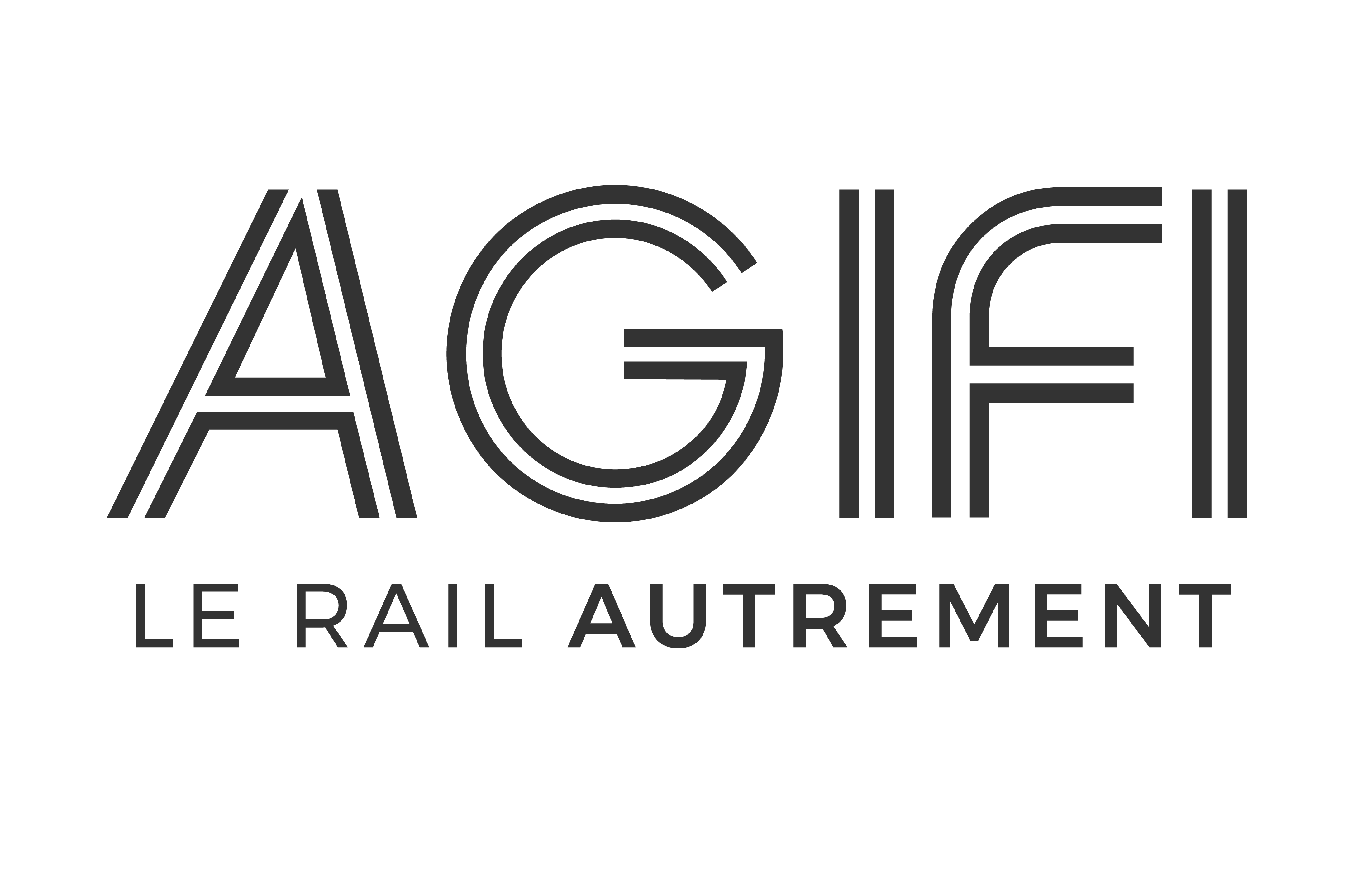LGV Sud Europe Atlantique
The Sud Europe Atlantique HSL is a major project for the Greater Southwest. In 2017, it connected Paris to Bordeaux in just 2 hours, compared to 3 hours previously.

A major route for the Greater Southwest.
Inaugurated on 1 July 2017, the Sud Europe Atlantique High-Speed Line (SEA HSL) is now the second busiest railway line in France, with more than 20 million passengers (Figures from SNCF Voyageurs, 2019).
As the backbone of the New Aquitaine Region, the SEA HSL has helped increased daily train ridership in the Greater Southwest area and Occitanie.
The main project stages
Construction
302 km of track and 38 km of trunk line
1,320 km of rails
500 tunnels and bridges, 19 viaducts, and 7 cut and covers
Financing
LISEA’s contract covered all the risks borne by the concession holder: financing, construction, traffic, maintenance, operation, performance, and safety.
€7.7 billion in investments (design and construction), with 49% from the private sector and 51% from the public sector (vs. an average of 75% in public funds with other partnership agreements).
The projected was awarded the “Green Project Bond” label by Vigeo Eiris, an independent agency.
Social and environmental responsibility
3,800 ha of environmental compensation
223 species of fauna and flora protected
500 stakeholders engaged in biodiversity protection
Creation of the “Fonds SEA pour la transition des territoires” endowment fund, which allows LISEA to pursue the commitment it made in 2017 to support local communities working on the ecological and social transition.
Since the launch of the project, special attention has been paid to employment on the SEA HSL.
This major project naturally created many jobs. A study by the Utopies consulting firm to understand the impact of the 4-year construction project on local communities found that it directly created an average of 3,068 jobs per year during construction, with 9,000 jobs at the project’s peak. To ensure the project had a positive impact on economic development in the area, as many local workers as possible were hired. A third of the workforce along the entire route was recruited and trained locally thanks to a collaboration with several partners: the State, the Region, Pôle Emploi (France’s national employment agency), consular chambers, and trade unions.
During the operational phase, MESEA, the company that maintains the line, is particularly committed to training its maintenance operators. MESEA Academy trains MESA employees on maintenance and railway safety.
Fonds SEA pour la transition des territoires
In early 2021, the “Fonds SEA pour la transition des territoires” endowment fund will bring together the LISEA Biodiversity Foundation, the LISEA Carbon Foundation, and the “Sillon Solidaire” endowment fund since their commitments are nearing completion. This unique fund will allow LISEA to continue the work it began in 2012 to support local communities working on the ecological and social transition. In keeping with the approach taken by the foundations, the endowment fund will focus on creating long-term partnerships with local stakeholders to take advantage of their technical and scientific knowledge and their understanding of issues and needs in the area. The first call for projects will be launched in the first half of 2021, focusing on the agroecological transition and the challenges of social integration in the agricultural sector, which is directly affected by these issues and has a strong potential to contribute to economic integration.

